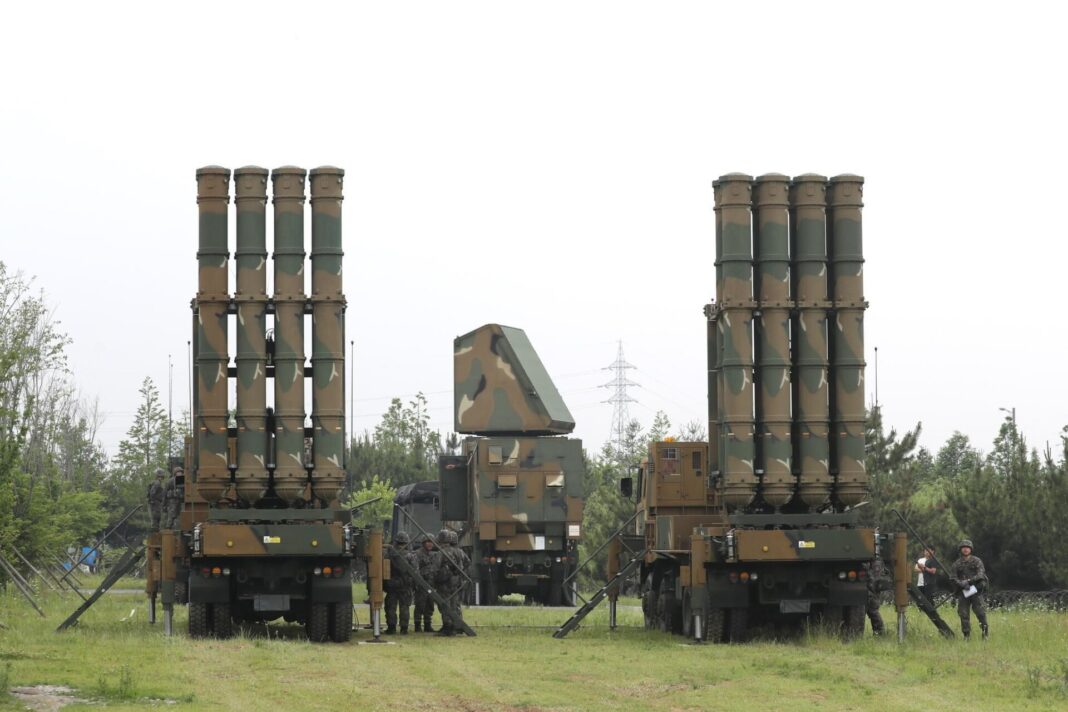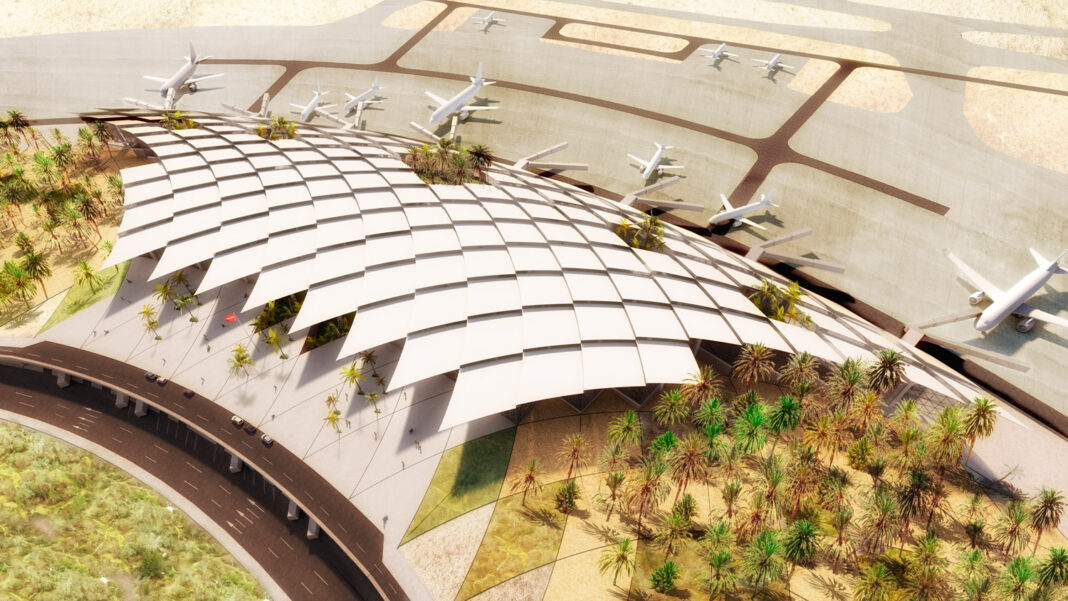Baghdad – The radar agreement with South Korea has gained new urgency as the U.S. Department of State evaluates statements from Iraq’s Prime Minister. Mohammed Shia al-Sudani recently confirmed Baghdad’s intention to speed up defense cooperation with Seoul. These remarks prompted Washington to respond swiftly.
Tammy Bruce, spokesperson for the State Department, told Shafaq News on Wednesday that the Prime Minister’s comments are under close review. She confirmed that the U.S. is assessing both the statements and Baghdad’s reported decision to expedite the radar agreement with South Korea. Bruce emphasized that the Department would soon issue an official response.
This development follows a broader shift in Iraq’s defense strategy. According to Iraqi lawmakers, Baghdad is negotiating with several global powers. These include the United States, France, and South Korea. The focus remains on securing advanced air defense and radar systems.
Tensions across the region continue to rise. As a result, Iraq is prioritizing its airspace security. Sources in parliament revealed that talks are progressing, with the goal of modernizing Iraq’s defense infrastructure. The U.S. is watching these developments carefully, especially as Iraq diversifies its defense partnerships.
In an interview with the BBC, Prime Minister al-Sudani defended Iraq’s pursuit of balanced international relations. He stressed that both Iran and the United States value Iraqi stability. However, he warned of ongoing disagreements with Washington. He cautioned that these issues could strain Iraq-U.S. ties.
Nevertheless, Baghdad appears determined to follow through with the radar agreement with South Korea. Iraqi officials believe this step is crucial for national security. The Prime Minister remains firm in pushing defense upgrades despite geopolitical pressures.
Diplomatic sources suggest more announcements could follow soon. Iraq’s growing cooperation with South Korea signals a strategic pivot. As the U.S. monitors the situation, regional analysts are closely watching how this defense shift unfolds.
For now, all eyes remain on the evolving radar agreement with South Korea and its broader implications for Middle East security.



